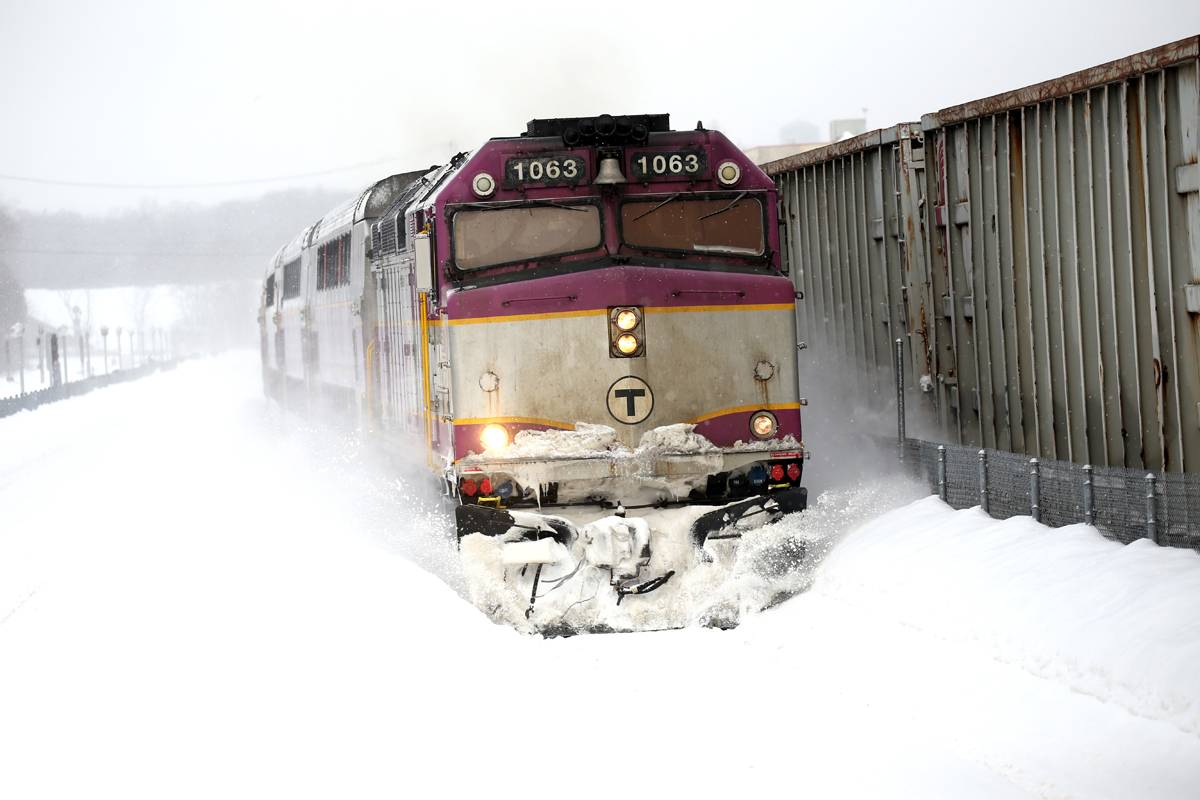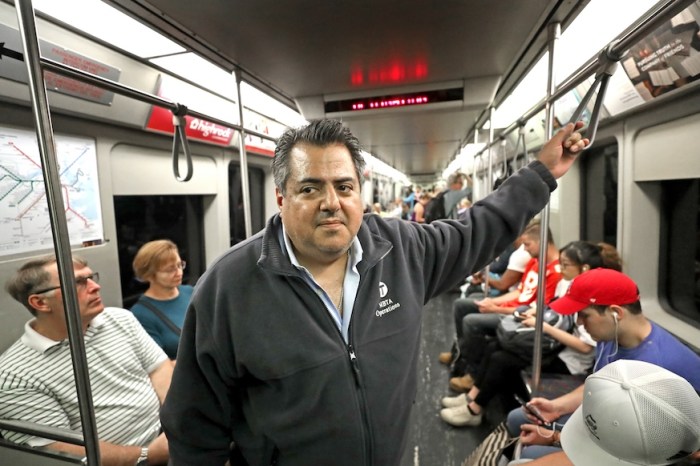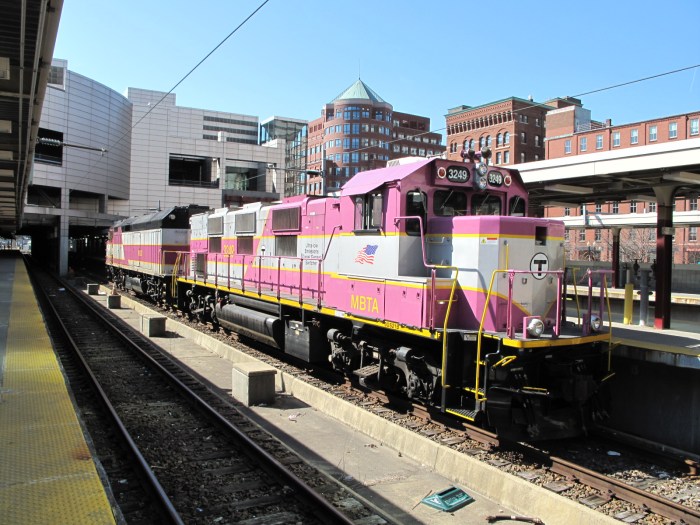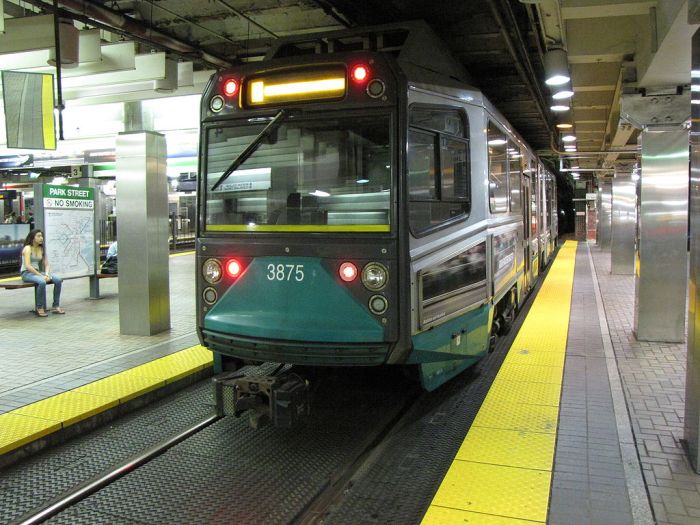The Massachusetts Appeals Court ruled on Monday that the MBTA did not break any contract with riders when commuter rail trains were cancelled and delayed during the 2015 winter.
The lawsuit, filed by commuter-rail rider Raquel Rodriguez, alleged that the service disruptions along the commuter rail during the disastrous winter breached an “implied contract” the transit authority had with monthly pass holders “to provide timely, reliable commuter rail service.”
The court did acknowledge that the record-breaking blizzards during that winter “wreaked havoc in and around Boston,” and that commuters were “frustrated” by the MBTA’s cancellations and delays.
Rodriguez alleged that by paying for a monthly pass, the MBTA was contracted to provide “timely, reliable” commuter rail service. It then broke that obligation with repeated delays and cancellations and by changing to a “winter recovery schedule.”
That schedule, according to Rodriguez, was “so sparse that it extended the unreliable and untimely service through March of 2015.”
However, simply buying a monthly pass — for which Rodriguez paid $182 — does not guarantee specific service, especially in the extreme weather, the court ruled.
“Even the MBTA acknowledged the inconvenience caused by its failure,” the court wrote in its decision. “However, the purchase of a monthly pass on the MBTA is not a guarantee of performance according to its published schedule in these extraordinary circumstances.”
Rodriguez’s claim was relying on a case from 1867 in which a man sued after the Eastern Railroad after the train was delayed nearly two hours to accommodate passengers who wanted to return to Boston later than the scheduled time.
That man did not receive “reasonable notice of the change,” but the court ruled that commuter rail riders did receive notice of schedule changes in 2015, because the MBTA published a new scheduled when transit times were altered due to winter storms.
This ruling in Raquel Rodriguez v. Massachusetts Bay Transportation Authority upheld a lower court’s decision to dismiss the case.



















